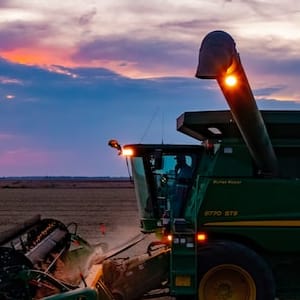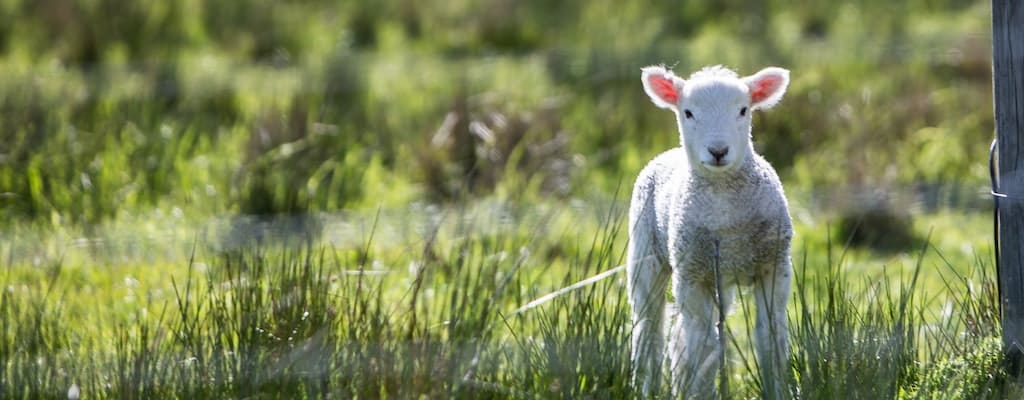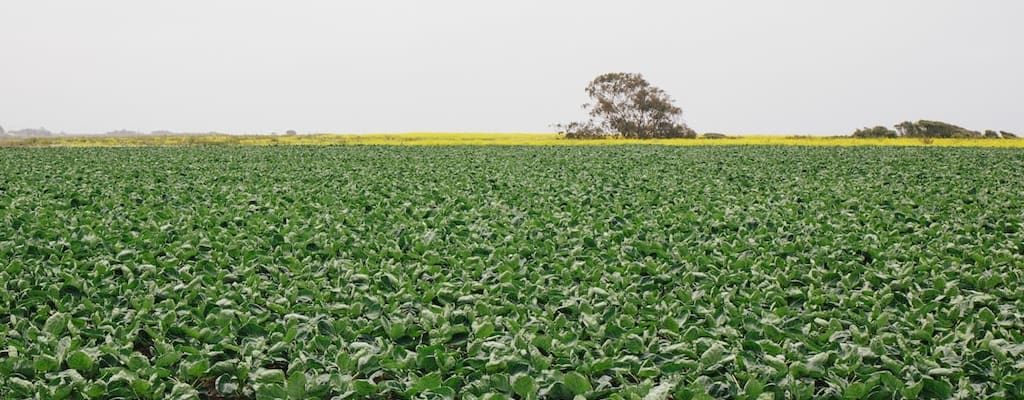reap the harvest: Idiom Meaning and Origin
What does ‘reap the harvest’ mean?
The idiom "reap the harvest" means to enjoy the benefits or results of one's past actions or efforts.

Idiom Explorer
The idiom "seize the day" means to take advantage of the present moment and make the most of opportunities before they pass. It encourages living life to the fullest and not wasting time or delaying actions or decisions.
The idiom "ripe old age" means reaching an advanced and mature stage in life, often referring to someone who has lived a long and fulfilling life.
The idiom "ripen up" means to become ready or suitable for a particular situation or purpose, often implying the idea of reaching a desired level of maturity or readiness.
The idiom "ride the wave" means to go along with or take advantage of a favorable situation or trend. It implies adapting to the circumstances and enjoying the success or benefits that come from it.
The idiom "rest on one's laurels" means to be satisfied with past achievements and not make any further efforts to achieve more or improve. This can lead to complacency and a decline in performance or success.
The idiom "redeem oneself" means to improve one's reputation or regain respect by doing something good or making up for past mistakes.
The idiom "reap what one sows" means that a person will face the consequences of their actions, whether positive or negative.
The idiom "reap the whirlwind" means to face the negative consequences of one's actions or decisions, especially when they involve anger, violence, or aggression.
The idiom "rake over" means to revisit or bring up past events or topics for discussion, especially in a critical or thorough manner.
The idiom "pay one's dues" means to fulfill obligations or requirements, often through hard work or sacrifice, in order to achieve success or gain a certain position.
Nature's Cycles of Abundance
reap what one sows is an idiom that is closely related to "reap the harvest." It emphasizes the concept of cause and effect, suggesting that a person will ultimately experience the outcomes or consequences that are a result of their own actions or choices.
The phrase "reap what one sows" is derived from the agricultural process of planting seeds. When a farmer sows seeds in the ground, they can expect to reap a harvest of the same kind of crop in the future. This idiom is used to convey the idea that our actions, whether positive or negative, will come back to us in some form or another.
Just as a farmer who plants seeds of wheat can expect to eventually reap a harvest of wheat, individuals who engage in positive actions can expect positive outcomes, while those who engage in negative actions can expect negative outcomes. This idiom serves as a reminder that we are responsible for the consequences of our choices and behaviors, and that we will inevitably experience the results of what we have sown.
reap the whirlwind is another related idiom that shares similarities with "reap the harvest." This idiom suggests that one will face severe or dire consequences as a result of their own actions or choices. The phrase "reap the whirlwind" comes from the idea of a whirlwind or tornado, which is a powerful and destructive force.
Similar to "reap what one sows," "reap the whirlwind" emphasizes the idea of cause and effect. However, it implies that the consequences of one's actions will be more severe or intense. The idiom suggests that negative or harmful actions will lead to disastrous outcomes or a "whirlwind" of negative consequences. It serves as a warning that the negative outcomes or repercussions of our actions can be far-reaching and destructive.
make hay is yet another idiom that is related to "reap the harvest." This idiom pertains to taking advantage of an opportunity or making the most of a favorable situation. It is rooted in the practice of making hay, which involves cutting, drying, and storing grass or other vegetation to feed livestock during the winter months.
The phrase "make hay" implies the idea of seizing the moment or making productive use of one's time and resources. It suggests that we should take advantage of favorable circumstances or opportunities when they arise, just as farmers make the most of good weather conditions to efficiently make hay. The idiom encourages proactive action and the ability to capitalize on situations that can lead to positive outcomes or benefits.
Whether we are talking about "reap the harvest," "reap what one sows," "reap the whirlwind," or "make hay," each of these idioms carries underlying messages about cause and effect, accountability, and the outcomes of our actions. They remind us that the results of our efforts, whether positive or negative, will eventually come to fruition and that we have the power to shape our own outcomes.
So, the next time you hear the phrase "reap the harvest," remember that it represents more than just a simple farming metaphor. It speaks to the universal truth that our actions have consequences, and the outcomes of our efforts, whether good or bad, will inevitably come to pass. Whether we are enjoying the rewards of our hard work or facing the negative consequences of our actions, these idioms serve as reminders that we are accountable for the choices we make and that we have the ability to shape our own destinies.
Example usage
Examples of how the idiom reap the harvest can be used in a sentence:
- After years of hard work, he finally reaped the harvest of his efforts and was promoted to a senior position.
- The farmers gathered their crops and were able to reap the harvest of a bountiful season.
- She invested wisely and patiently waited to reap the harvest of her investments, which eventually paid off.
More "Agriculture" idioms



